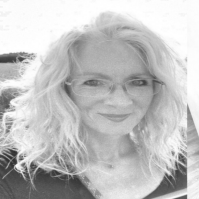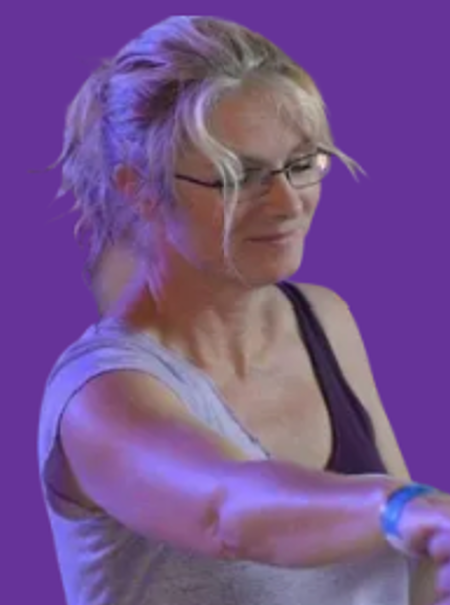Aunty
Did you know....
The term ‘Aunty’ to Maoris in New Zealand has more than one meaning. Yes, it is the way you address the female sibling of your parents, but it is also used as a term of respectful endearment for those older than you.
A way of honouring the fact that in some not too distant past all Polynesians descended from the same ancestors – and are therefore family.
Hawaiians, Fijians, Tongans are considered to be cousins.
I overheard conversations where the younger person addressed the lady as ‘Aunty’ lots of times during our visit. Each time it made me smile, but I couldn’t quite catch hold of why.
Recently, while out and about with a friend, we came across a couple of young ladies who had been let down badly by a holiday company they had been dealing with. They now found themselves stranded in a foreign country, hungry, broke and without the means to resolve the situation.
For hours they had been trying to sort things out, and the hotel staff were immovable. The monies had not been paid, nothing they could do.
These young ladies were tired, very hungry and very, very worried. What should have been a fabulously exciting time for them was turning into their worst nightmare.
My friend quietly laid her credit card on the counter and resolved the situation. When the girls are in a position to deal with the holiday company there is a good chance she will be reimbursed.
My friend – Aunty.
Another instance. While spending some time on a beach recently we because aware of a young man who seemed to have slept all morning without moving. The sun was very hot, and he hadn’t had a drink all day.
We watched as a stranger to him gently roused him from his deep sleep, held a bottle of water to his lips until he had drunk enough to feel well enough to move. We watched as she washed the sand from his face and hair. And then she carefully ascertained that he was OK to make his way back to his hotel.
Stranger – Aunty
My grandmother was a ‘clippy’ (a bus conductress) in London in the early ‘70’s. If somebody was taken poorly, or needed help on her bus, she wouldn’t just ask if they were OK, she’d get her Hopkin (my grandfather, her driver) to drive that bus right up to the person’s door and see them safe inside. And likely go back again the next day just to check on them.
Grandmother – Aunty
My daughter works with young adults with learning disabilities helping them to make the transition from college life to working life. When students in the rest of the college were offered the chance of taking part in the Duke of Edinburgh scheme – do you think there was any chance her students were going to miss out on that opportunity?
In her lunch breaks and evenings she encouraged, supported and helped each one of them to do all the things necessary to achieve success. Even going out on the expeditions with them, despite it not being her role.
And when it came to it – not only did all of her students complete the award, they were the ONLY students to complete it. And the first to EVER complete it at the college.
Daughter – Aunty
These are just a few from a huge long list of examples I could quote.
And so I realise now why this term of respect and endearment makes me smile.
It is the recognition that we are all Aunty. Or Uncle. That we can all make a difference simply by doing for others what you would readily do for your own.
When some young lads found themselves caught up in a fracas in Bournemouth earlier this year, through absolutely no fault of their own. It would have been easy to turn away and hope for the best.
But if those boys were MY boys, I’d want someone to step in and calm the situation, guide them, make sure they were safe.
We are all Aunty. We are all Uncle.
These might not be OUR children, but they are all somebody’s children.
In the days when it was believed that a village raised a child, not merely the closest relatives, we all had so many more Aunties and Uncles.
Aunty… We need more of those.


